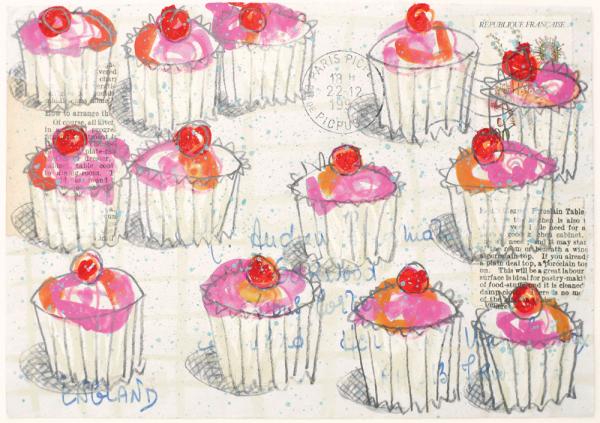Beat around the Bush: To avoid a topic of conversation or to not speak directly about the issue.
Henry beat around the bush, but he never asked his boss for a raise directly.
From Yahoo Voices: “The phrase beat around the bush is derived from early hunting techniques in which unarmed men would walk around the forest beating tree branches and making noise, so as to flush the game from the bush. This allowed the hunters to avoid directly approaching the animals.”



